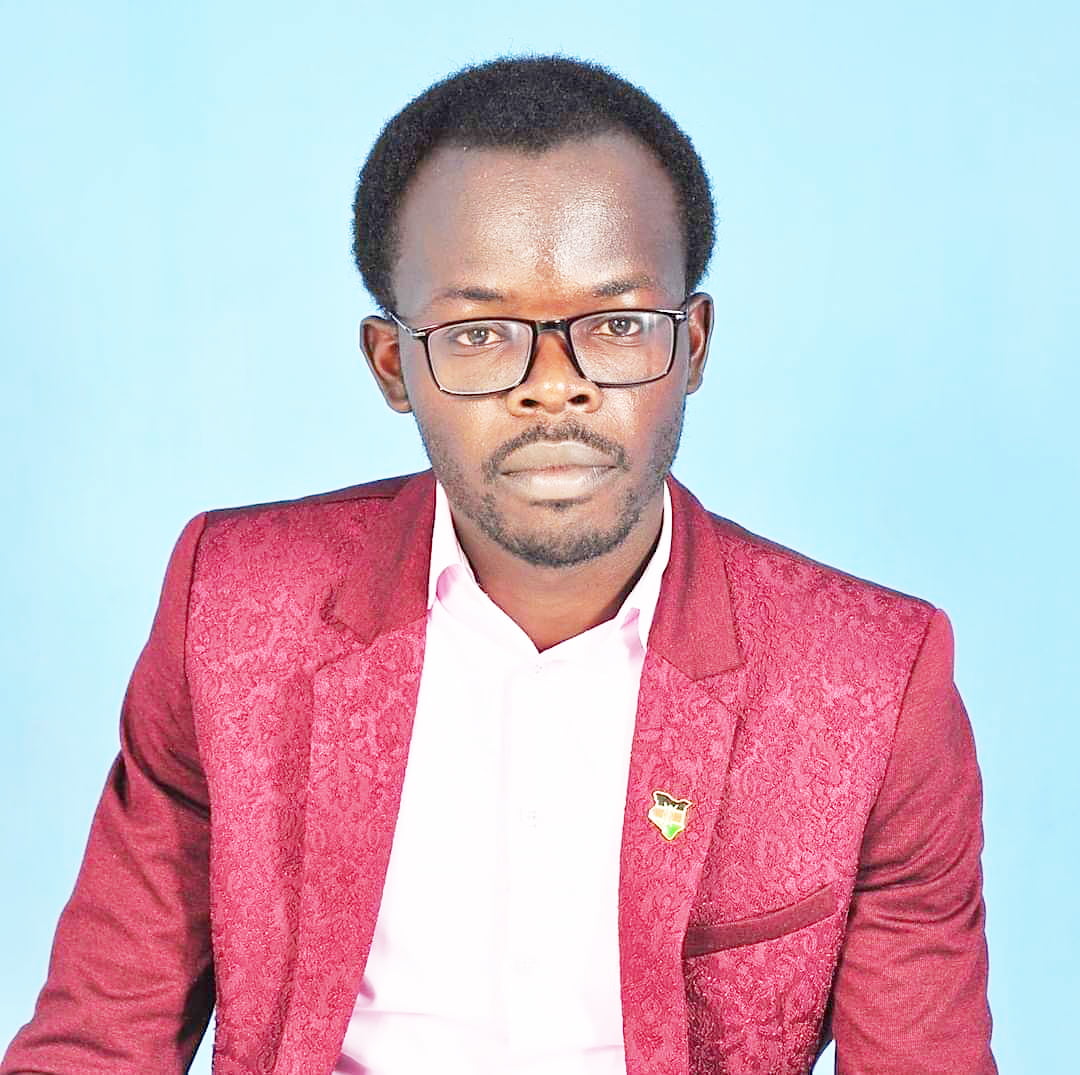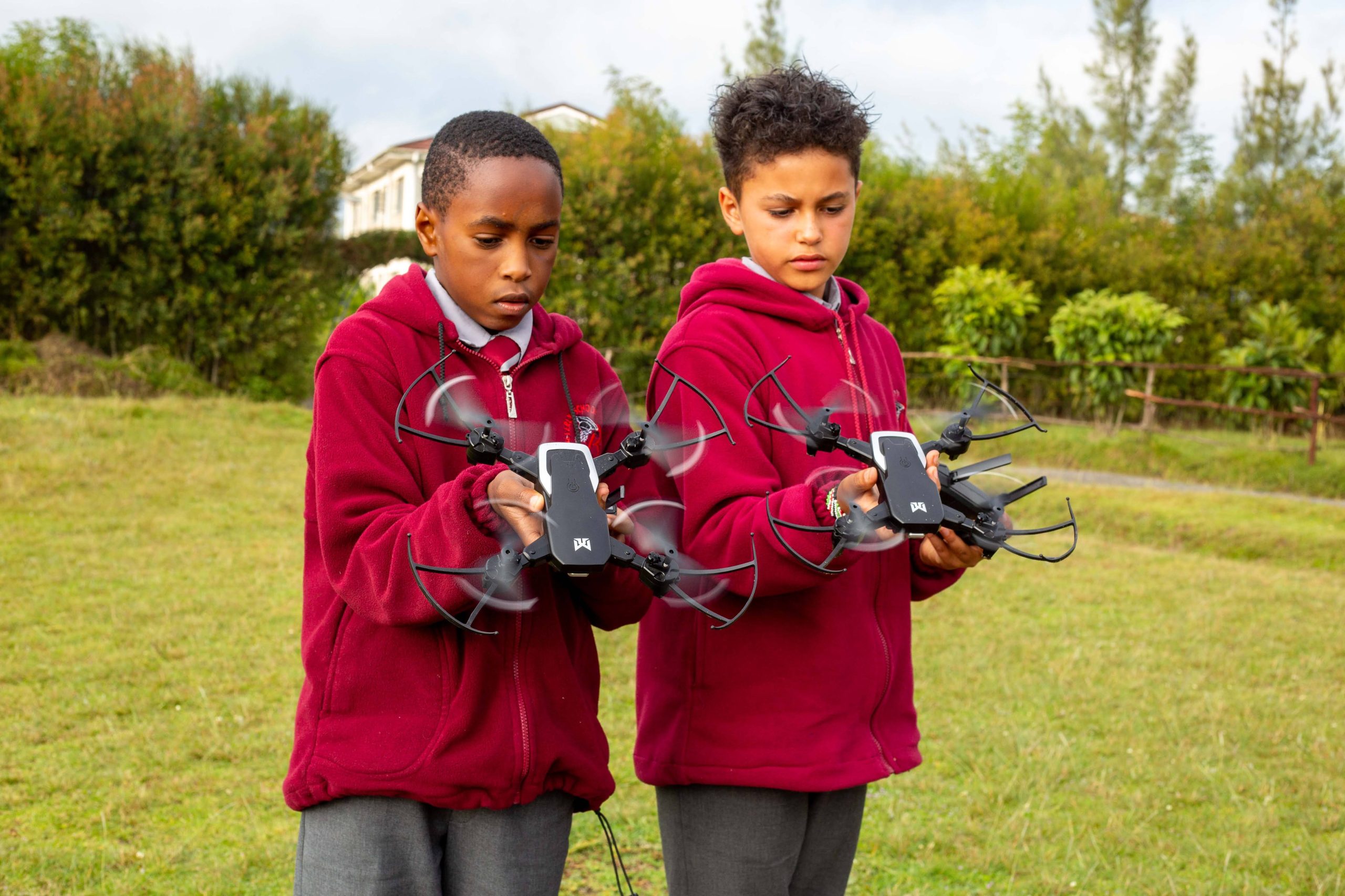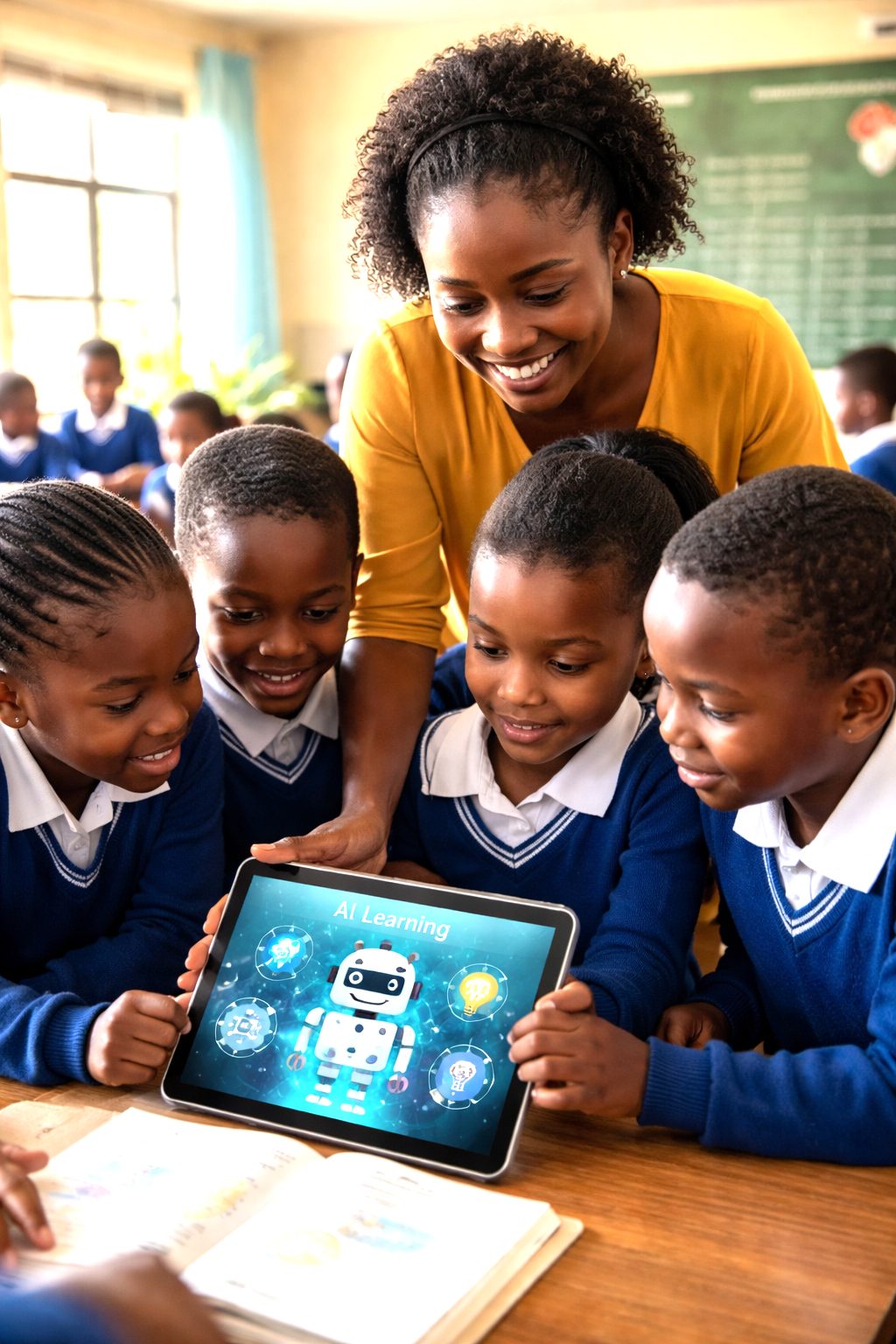By Victor Ochieng’
Right at the onset of this write up, there are three things worth mentioning in relation to human potential. These three are talent, gift and skill. Talent is the natural ability to do things, a gift is a divine-driven ability while skill is an acquired ability.
Skills are grouped into two categories: hard skills or soft skills. Hard skills are acquired through education and technical training while soft skills are intangible and complement technical skills.
We also have functional skills which can be transferred to any job and content skills which are job specific in nature.
Then, we have life skills; which forms the central plank of this piece. Life skills are abilities that help people to cope with life. They beckon positive behaviour and equip people with requisite skills to tackle various vicissitudes of life. To cut the long story short, life skill-enhancement and development is not an event per se, but a life-long process. It can begin at birth and end at the pensive point of death.
That is why school arrowheads should ensure that life skills are taught in fountains of knowledge with trenchant zest and zeal. Those at home with psychology will tell you that learning is the change of behaviour and attitude.
Comprehensive teaching of life skills entices bountiful benefits. Conceptualisation of life skills enhances holistic change of behaviour in young people. Life skills can enhance healthy living among young people because they make people focus on risk-free behaviour like avoiding drug abuse, immorality, crime, et cetera. Life skills make people develop a sense of responsibility. Beneficiaries of life skills develop what Napoleon Hill christened as Positive Mental Attitude. Laser-like focus on life skills legs up learners’ self-worth, confidence, competence and communication skills.
It is imperative to note that life-skill education goes beyond mere dispensing of knowledge and information. But in its entirety and totality, it sets the foundation that helps people to overcome obstacles, shun risky situations and sustain positive behaviour. Therefore, a well-thought out life skill programme should equip learners with useful knowledge, skills, attitudes and useful values that can empower them to face the realities and rhapsodies of life. Eventually, that is what will help them take full responsibility for their actions.
Life skills programmes should have a puissant impact on people. That can only happen where there is cross-pollination of information, activities, ideas and fantastic facts. Acquisition of facts is knowledge. Interpretation of facts is understanding or comprehension. Correct and right application of facts is wisdom. Solomon sagely said, “Wisdom is the principal thing. In all thy dealings, seek understanding.”
We have three categories of life skills. To begin with, we have skills of knowing and living with oneself, also known as intra-personal or personal awareness skills. They include: self-awareness, self-esteem, self-confidence, self-discipline, stress management, et cetera. In order to access success in life, you have to know yourself first. Oriental wisdom would say: Knowing others is wisdom, but knowing yourself is enlightenment. A person with self-knowledge equals thirty people without the same.
Secondly, we have skills that focus on knowing and living with others: inter-personal skills. These include empathy, assertiveness, negotiation, conflict resolution, friendship formation and effective communication. Basically, we are in this side of eternity for symbiotic reasons and mutual co-existence. No one can shine like lucent light by choosing to be an island confined in isolation. Rev. Dr. Martin Luther King Jr. said in substance, “We are caught in an inescapable network of mutuality, tied in a single garment of mutuality.”
The third cadre of life skills are called skills of effective decision making which capture decision making itself, critical thinking, creative thinking, problem solving and making of choices. Young people should know how to make informed decisions, because decisions are the hinges of destiny. They should be reminded that everyone is born without choice, but lives by choice. Destiny is a matter of choice and choices have consequences. Above all, the ability to think critically and creatively is of supreme essence. After all, it has been said severally that in this world populated by plenty of people, 5% think, 15% think that they are thinking and 80% do not think at all. So, it is good to think, for if you stop thinking, you start stinking.
The writer is orator and author and can be reached through vochieng.90@gmail.com.






